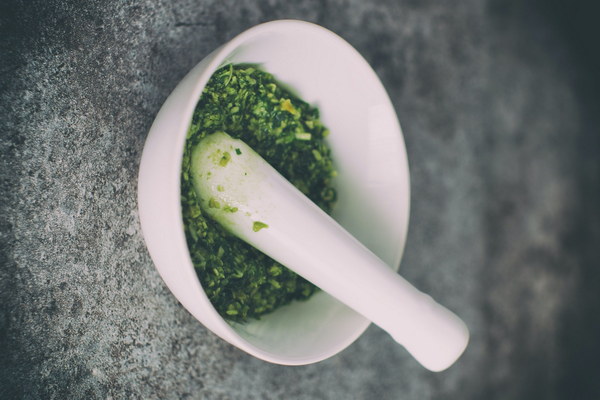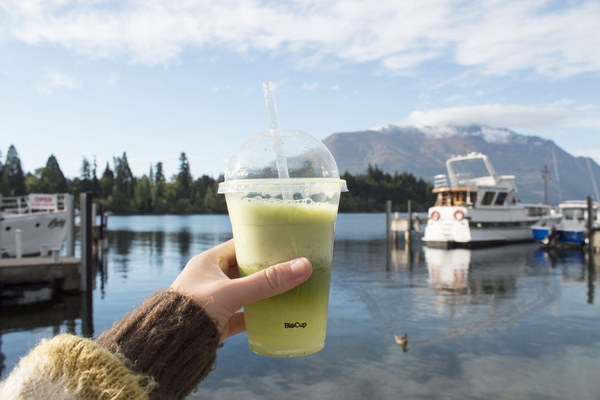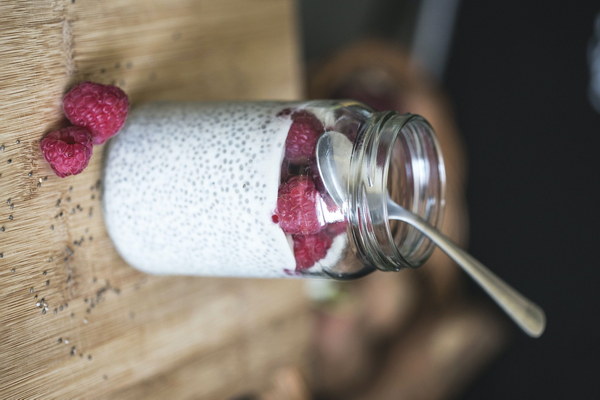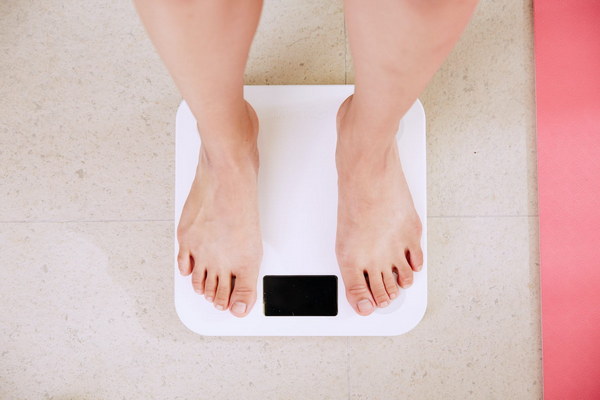When to Start Anti-Aging The Age-Old Question of Youth Preservation
When to start anti-aging is a question that has perplexed many, with opinions ranging from the teens to the twilight years. But when is the right time to begin this journey towards preserving youth? The answer may surprise you.
In recent years, the concept of anti-aging has evolved from a luxury for the elite to a mainstream pursuit. No longer is it reserved for those in their twilight years; rather, it has become a concern for individuals across all age groups. But when should one embark on this quest for eternal youth?
The Teenage Years: A Premature Start?
Some experts argue that anti-aging should begin as early as the teenage years. This is because the skin is at its healthiest and most resilient during this period. By adopting a skincare routine that includes gentle cleansers, moisturizers, and sun protection, teenagers can lay the foundation for future skin health.
The idea is to start early to prevent the signs of premature aging, such as sun damage and environmental stressors. This proactive approach can help maintain the skin's elasticity and minimize the appearance of fine lines and wrinkles in the long run.
Early 20s: The Time for Maintenance
By the early 20s, the skin's natural collagen production begins to slow down, and environmental factors start to take their toll. This is when many experts recommend that individuals begin incorporating more targeted anti-aging products into their routine.
This could include serums containing retinoids, antioxidants, or peptides, which can help stimulate collagen production and protect the skin from free radicals. Regular exfoliation can also help remove dead skin cells and promote cell turnover, leading to a brighter, more radiant complexion.
30s: The Decade of Prevention
Entering the 30s marks the beginning of more noticeable signs of aging, such as fine lines around the eyes and mouth. This is the time to shift the focus from prevention to maintenance.
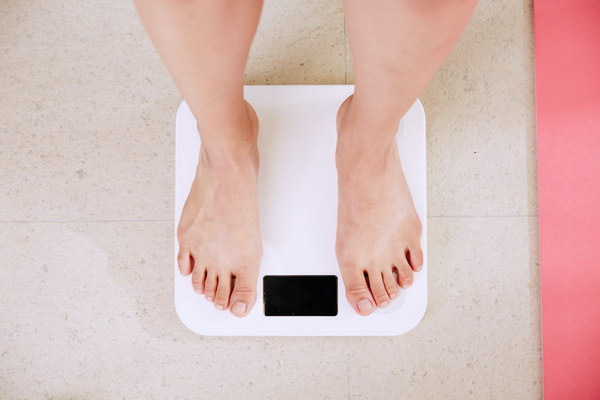
In addition to the products mentioned earlier, incorporating treatments like chemical peels, microdermabrasion, or even professional facials can help to resurface the skin and stimulate collagen production. It's also important to maintain a healthy lifestyle, including a balanced diet, regular exercise, and adequate sleep, all of which contribute to overall skin health.
40s: The Age of Advanced Care
By the 40s, the signs of aging are more pronounced, and the skin may start to lose its elasticity and firmness. This is when advanced anti-aging treatments and products become more crucial.
Injections like Botox or Dysport can help reduce the appearance of wrinkles, while dermal fillers can plump up areas that have lost volume. Chemical peels, laser treatments, and other cosmetic procedures may also be considered to address deeper skin issues.
50s and Beyond: Embracing Aging with Grace
Finally, for those in their 50s and beyond, the focus shifts from reversing the signs of aging to embracing the aging process with grace. While anti-aging treatments can still be beneficial, the emphasis is on maintaining a healthy lifestyle and feeling confident in one's skin.
The key is to find a balance between treating specific concerns and celebrating the wisdom and experiences that come with age.
In conclusion, the age at which one should start anti-aging is not a one-size-fits-all answer. It depends on individual skin type, lifestyle, and personal preferences. Whether you start in your teens or later in life, the most important thing is to take a proactive approach to skincare and overall health, and to embrace the aging process with confidence and grace.
